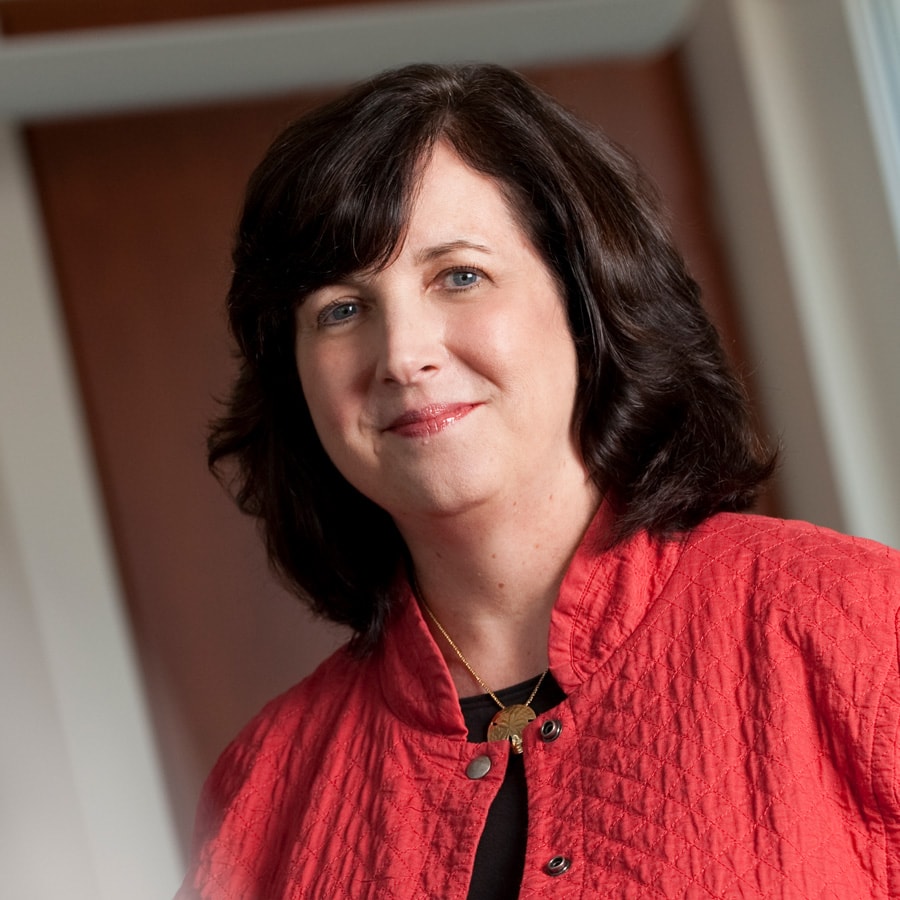CCL webinárium: Transactive Memory Systems and Hospital Trauma Resuscitation Team Performance

Dr. Linda Argote (Carnegie Mellon University) kutatási előadása Transactive Memory Systems and Hospital Trauma Resuscitation Team Performance címmel a Corvinus Institute for Advanced Studies (CIAS) Center for Collective Learning (CCL) szervezésében.
Időpont: 2024. február 21., 15:00 (CET)
Helyszín: online
Nyelv: angol
Angol nyelvű absztrakt:
We test a theoretical mechanism linking shared team experience and team performance: a transactive memory system. Known colloquially as knowledge of who knows what, a transactive memory system (TMS) enables teams to assign tasks to the most qualified members and to rely on those members to perform and coordinate their tasks effectively.
Our empirical context is the hospital trauma resuscitation team. We hypothesize that patients treated by teams with well-developed transactive memory systems have better outcomes than patients treated by teams with weaker transactive memory systems. We coded behavioral indicators of transactive memory from video recordings of trauma resuscitations in a hospital emergency department. Objective measures of team performance, including patient length of stay, were obtained from hospital records. We also acquired information about the experience of team members from the hospital’s Human Resource database and computed measures of individual and team experience for each resuscitation team.
Results of analyzing data from 121 patients reveal that patients treated by trauma teams with strong TMS experienced significantly shorter lengths of stay in the ICU and in the hospital than patients treated by trauma teams with weaker TMS. Reductions in length of stay benefit patients, reduce health care costs, and free up hospital resources to care for other patients. Shared experience working together predicted the strength of the team’s transactive memory over and above the effect of individual experience. Further, transactive memory mediated or explained the effect of team experience on team performance. We discuss the implications of these findings for organizational learning theory and for hospital trauma resuscitation team performance.
Az eseményen való részvétel regisztrációhoz kötött, a regisztrációs link itt érhető el.